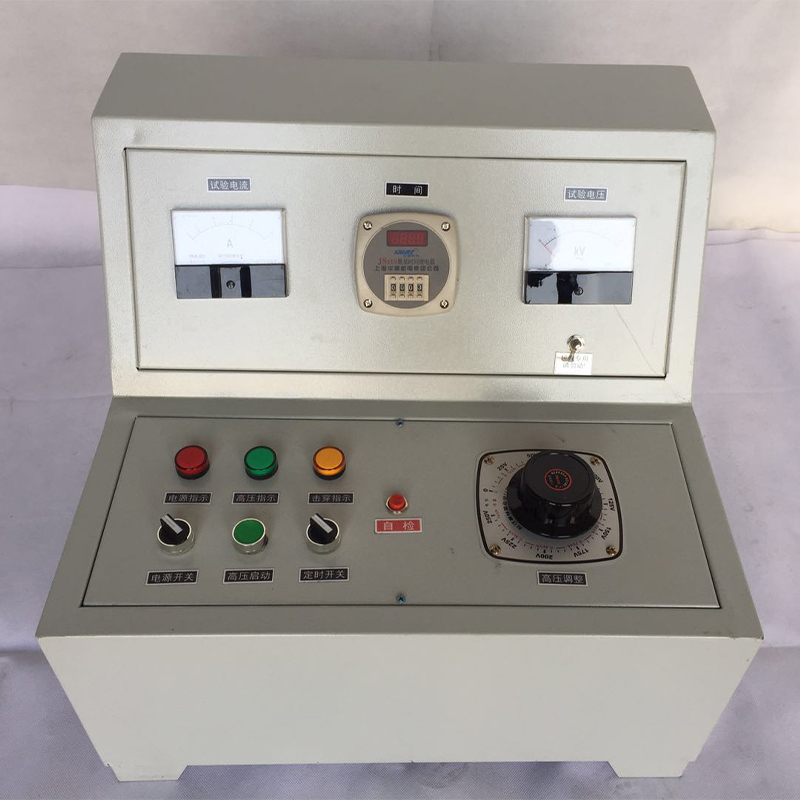Tensile Testing Equipment Available for Purchase from Various Suppliers
Tensile Tester for Sale A Guide to Choosing the Right Equipment for Your Needs
In the realm of material testing, tensile testers play a crucial role in assessing the mechanical properties of materials. Whether you are a manufacturer, a quality control manager, or a materials engineer, having access to a reliable tensile testing machine can significantly enhance the quality and performance of your products. As the market for tensile testers continues to grow, understanding your options and knowing what to look for can make all the difference.
Understanding Tensile Testing
Tensile testing, also known as tension testing, involves applying a controlled force to a material until it deforms or breaks. This process allows engineers and scientists to gather essential data on properties such as tensile strength, yield strength, elongation, and modulus of elasticity. These metrics are vital for ensuring that materials meet industry standards and specifications.
The Importance of Quality Equipment
When looking for a tensile tester for sale, it is essential to consider the quality of the equipment. High-quality tensile testers should provide accurate, repeatable results that you can depend upon. Equipment from reputable manufacturers typically undergoes rigorous testing and quality assurance processes, ensuring it meets the necessary standards.
Key Features to Consider
1. Testing Capacity Tensile testers come in various capacities, typically rated in pounds or newtons. Depending on the materials you intend to test—be it metals, plastics, textiles, or composites—select a machine that can handle the maximum load required.
2. Testing Speed The speed at which the tensile test is conducted can influence results. Many tensile testers offer adjustable speeds to accommodate different material types and testing requirements. Ensure that the machine you choose can be customized for optimal performance.
tensile tester for sale companies

3. Data Acquisition and Software Modern tensile testers often feature integrated data acquisition systems and software that allow for real-time analysis and reporting of test results. Look for machines that provide user-friendly interfaces and robust data analysis tools, as these can simplify the testing process significantly.
4. Compliance and Certification Ensure that the tensile tester complies with relevant standards set by organizations such as ASTM, ISO, or DIN. This compliance is crucial for accuracy and legitimacy, especially if you need the data for regulatory purposes.
5. Support and Maintenance Reliable customer support and maintenance services are critical when investing in testing equipment. Look for suppliers that offer comprehensive service packages, including installation, calibration, and training.
Where to Buy
Tensile testers can be purchased from various sources, including specialized laboratory equipment suppliers, industrial equipment retailers, and online marketplaces. Take the time to research and compare different sellers. Reading customer reviews and testimonials can provide insight into the reliability of products and services offered.
Conclusion
Investing in a tensile tester is a significant decision that can impact the quality of your materials and the success of your business. By focusing on capacity, testing speed, data acquisition systems, compliance, and the reputation of the supplier, you can choose a tensile tester that meets your specific needs.
As the demand for high-quality and reliable testing equipment continues to rise, the availability of options ensures that organizations can find the right tensile tester for their applications. Whether for research purposes, quality control, or product development, having the right equipment will ultimately lead to better results and improved material performance. So take the time to evaluate your options, and select a tensile tester that can contribute to your operational excellence.
-
Why the Conductor Resistance Constant Temperature Measurement Machine Redefines Precision
NewsJun.20,2025
-
Reliable Testing Starts Here: Why the High Insulation Resistance Measuring Instrument Is a Must-Have
NewsJun.20,2025
-
Flexible Cable Flexing Test Equipment: The Precision Standard for Cable Durability and Performance Testing
NewsJun.20,2025
-
Digital Measurement Projector: Precision Visualization for Modern Manufacturing
NewsJun.20,2025
-
Computer Control Electronic Tensile Tester: Precision and Power for the Modern Metal Industry
NewsJun.20,2025
-
Cable Spark Tester: Your Ultimate Insulation Assurance for Wire and Cable Testing
NewsJun.20,2025
 Copyright © 2025 Hebei Fangyuan Instrument & Equipment Co.,Ltd. All Rights Reserved. Sitemap | Privacy Policy
Copyright © 2025 Hebei Fangyuan Instrument & Equipment Co.,Ltd. All Rights Reserved. Sitemap | Privacy Policy
